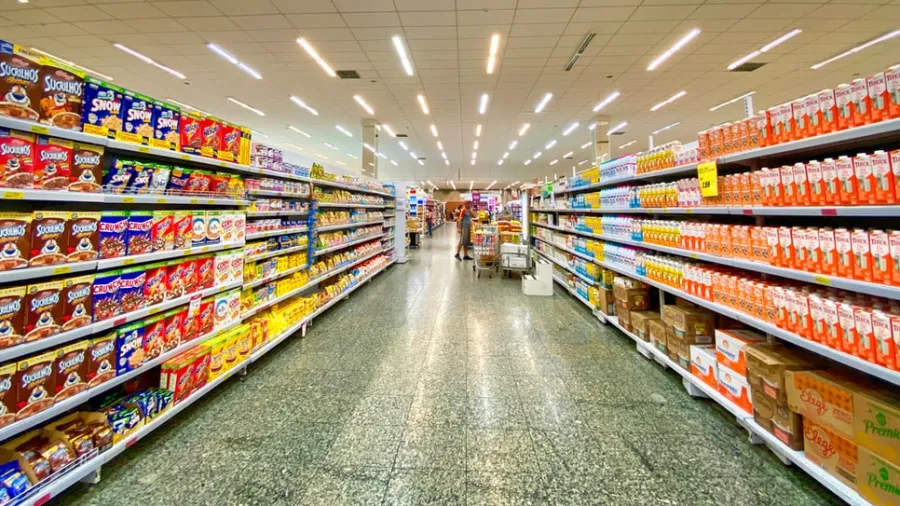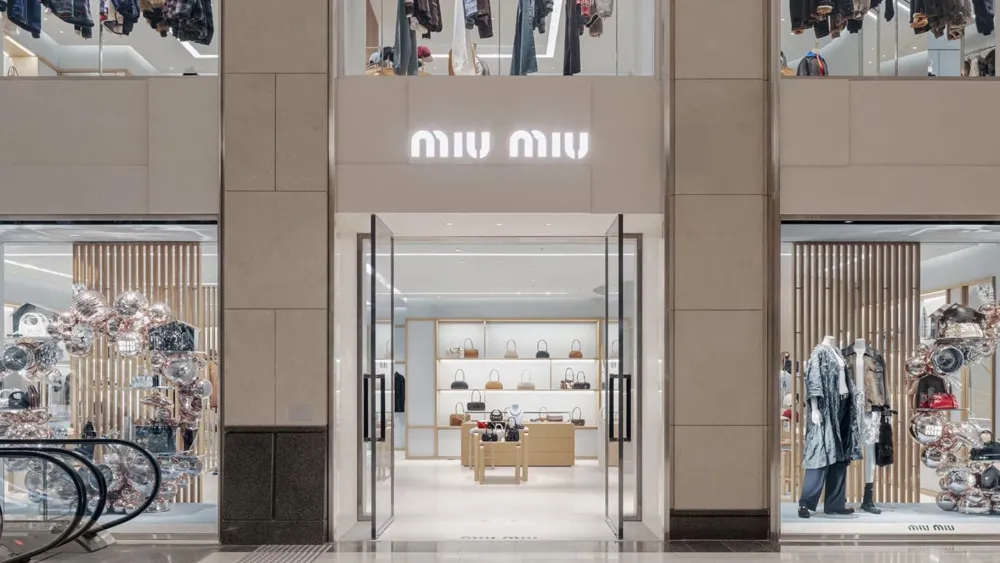
Pressures remain for Indonesia’s hypermarkets despite Giant closure
The market is facing competition from mini-markets and traditional groceries.
Hypermarket operators and other large-format players in Indonesia will still face market pressures even after Hero Supermarket’s planned closure of its hypermarket operation Giant by end-July 2021, according to a report from Fitch Ratings.
Players in the market—such as Matahari Putra Prima (MPPA), Carrefour, and Trans Mart—will still face intense competition from smaller mini-market formats and traditional grocery retailers, despite the decline in competition from hypermarkets.
Hero is closing all of its Giant stores and potentially replacing them with its supermarket format store Hero or IKEA. Fitch does not expect this to translate into more room for expansion for other hypermarket formats, as it has gradually lost its brand appeal for Indonesian consumers.
Hypermart had around 90 stores at end-2020, down from more than 100 stores at end-2019, the report noted. Giant had 75 stores, comprising the larger-format Giant Ekstra and smaller-format Giant Ekspres, after closing 25 stores since 2019.
The Indonesian grocery retail market is dominated by small mini-market formats such as Sumber Alfaria Trijaya’s Alfamart and Indomarco Prismatama’s Indomaret, with more than 15,000 stores each nationwide. Alfamart added more than 1,000 stores whilst Indomaret added 700 stores during 2020.
“The mini-markets’ competitive advantages in terms of strong bargaining power with suppliers and close proximity to buyers will make it difficult for hypermarket operators to expand their presence, despite easing competition within the hypermarket space,” the report added.
The hypermarkets’ ailing financial performance also makes it more difficult to compete with mini-markets. HERO continued to make an operating loss while its revenue declined by 16% in 1Q20. MPPA’s Hypermart will also find it difficult to expand its stores significantly, as its revenues declined by 22% during 2020 and it continued to make operating losses.
On the other hand, Alfamart is estimated will continue to post around a 5% revenue growth in 2021 whilst maintaining a stable EBITDA margin of around 6%, supported by a combination of store expansion and recovery in same-store sales growth.
The hypermarkets’ business proposition in terms of its larger store areas also results in higher operating costs in terms of rental and manpower to run compared with mini-markets: HERO’s salary expenses accounted for 10%-13% of its revenue throughout 2019-2020 whilst similar expenses accounted for only 8%-9% of Alfamart’s total revenue.
Fitch also believes that recovery in store traffic as the pandemic eases will also benefit smaller formats more than the large format. “Neighbourhood grocery shopping entails lower transaction costs for consumers in terms of making the trip and the time involved,” Fitch said.



















 Advertise
Advertise







